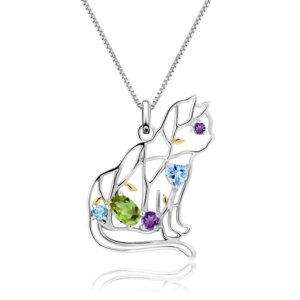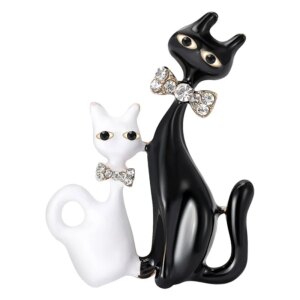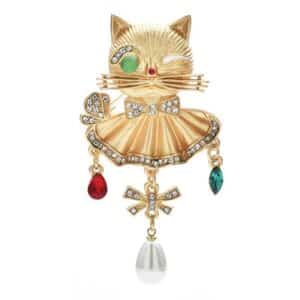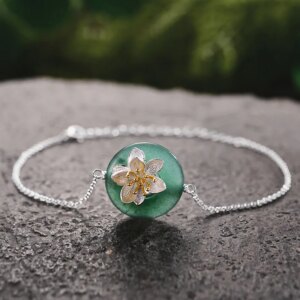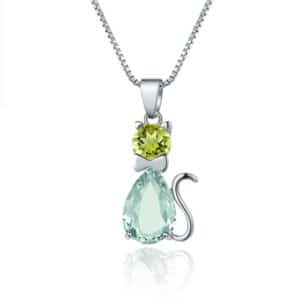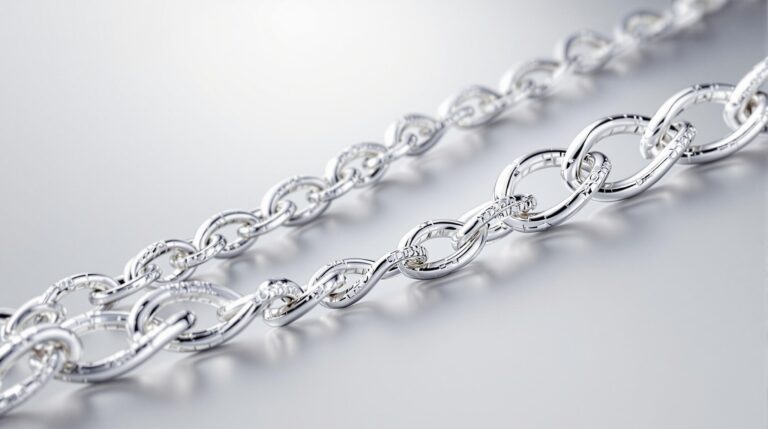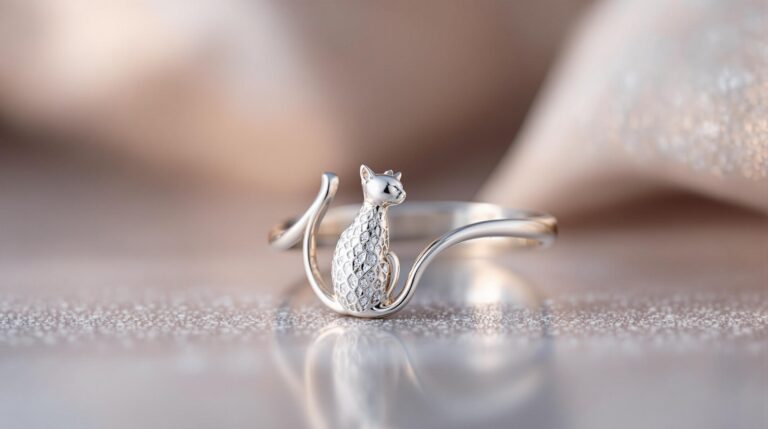Cats Eat Eggs, at Cat Karma Creations, we understand that many cat owners wonder whether cats can safely eat eggs and the numerous health benefits they offer. This guide explores the nutritional value of eggs, safe preparation methods, and how to incorporate them into your cat’s diet. Learn why eggs are a great addition to your cat’s meals and how they can improve their overall health. If you have any questions, feel free to contact us or call us at (800) 343-1604.
Nutritional Benefits of Cats Eat Eggs
High-Quality Protein
Eggs are a rich source of high-quality protein, essential for muscle development and maintenance in cats. Protein is a vital macronutrient that supports various bodily functions, including muscle growth, tissue repair, and immune function. Cats, being obligate carnivores, require a diet high in animal-based proteins to thrive. Eggs provide a complete amino acid profile, making them an excellent protein source for cats. At Cat Karma Creations, we believe in the importance of a balanced diet for your feline friends.
Essential Vitamins and Minerals
Egg yolks contain vitamins A, D, and E, which are crucial for a cat’s vision, immune system, and skin health. Vitamin A is essential for vision and immune function, while vitamin D helps in calcium absorption and bone health. Vitamin E is a powerful antioxidant that supports skin and coat health. Additionally, eggs are a good source of B vitamins, which are important for energy metabolism and nerve function. Our commitment to quality and health extends to the products we offer, such as our cat-themed jewelry.
Healthy Fats and Amino Acids
Eggs are not only rich in protein but also contain healthy fats and essential amino acids. Egg yolks are particularly high in healthy fats, which provide energy and support brain function. The amino acids found in eggs, such as methionine and cysteine, are crucial for the synthesis of proteins and other important compounds in the body. These nutrients contribute to a cat’s overall health and well-being. We take pride in our unique and imaginative designs, just like the Beautiful Handmade Sterling Silver Cat Pendant.
Safe Preparation Methods for Cats Eat Eggs
Boiled Eggs
Boiled eggs are a safe and nutritious option for feeding cats. Boiling eggs until they are fully cooked reduces the risk of salmonella and other foodborne illnesses. To prepare boiled eggs for your cat, simply boil them for about 10 minutes, then cool and remove the shell. You can serve the eggs whole or chop them into smaller pieces. Boiled eggs are easy to digest and can be a great addition to your cat’s diet. For more tips on cat care, visit our cat-themed jewelry page.
Raw Eggs
Feeding raw eggs to cats is a topic of debate among pet owners and veterinarians. While raw eggs can provide essential nutrients, there are potential risks associated with them. Raw eggs have a higher risk of salmonella contamination, which can cause gastrointestinal issues in cats. Additionally, raw egg whites contain avidin, a protein that can interfere with the absorption of biotin, a B vitamin essential for skin and coat health. If you choose to feed raw eggs to your cat, ensure they are fresh and of high quality, and consider feeding them in moderation. For more information, you can reach us at info@catkarmacreations.com.
Egg Yolk and Egg Whites
Egg yolks and egg whites can be fed to cats separately, each offering different nutritional benefits. Egg yolks are rich in vitamins, minerals, and healthy fats, making them a valuable addition to a cat’s diet. They can be served raw or cooked, but it’s important to monitor your cat for any signs of allergies or digestive issues. Egg whites are high in protein and low in fat, making them an excellent choice for cats on a weight management diet. However, they should be fed in moderation to avoid biotin deficiency. Both egg yolks and egg whites can be a nutritious and tasty treat for your cat. Our Exquisite Silver Cat Earrings are a perfect gift for cat lovers.
Potential Risks and Precautions
Salmonella Risk
One of the primary concerns when feeding eggs to cats is the risk of salmonella. Salmonella is a type of bacteria that can cause food poisoning in both humans and animals. Raw eggs have a higher risk of salmonella contamination, which can lead to gastrointestinal issues such as vomiting, diarrhea, and dehydration in cats. To minimize the risk, it’s recommended to feed cooked eggs or ensure raw eggs are of high quality and fresh. We care about the health and well-being of your pets, just as we do with our Stylish Cat Lover Necklaces.
Biotin Deficiency
Raw egg whites contain a protein called avidin, which can bind to biotin, a B vitamin essential for skin and coat health. This can lead to a biotin deficiency if raw egg whites are fed in large quantities. Biotin is important for maintaining healthy skin and a shiny coat in cats. To avoid biotin deficiency, it’s best to feed cooked egg whites or limit the amount of raw egg whites in your cat’s diet. Our Elegant Cat Brooch is a beautiful and unique gift for cat lovers.
Allergies and Sensitivities
Some cats may be allergic or sensitive to eggs, which can cause adverse reactions such as itching, vomiting, and diarrhea. If you notice any signs of an allergic reaction after feeding your cat eggs, stop feeding them immediately and consult your veterinarian. It’s also a good idea to introduce eggs gradually to your cat’s diet and monitor their response to ensure they can tolerate them well. For more information, visit our Charming Cat Brooch page.
Incorporating Eggs into Your Cat’s Diet
Frequency and Moderation
When incorporating eggs into your cat’s diet, it’s important to do so in moderation. Feeding eggs too frequently can lead to digestive issues or nutrient imbalances. A general guideline is to feed eggs no more than once or twice a week. The amount of eggs you feed your cat will depend on their size, age, and overall health. Always consult with your veterinarian to determine the appropriate frequency and portion size for your cat. For more tips, visit our Sterling Silver collection.
Homemade Egg Recipes
There are many simple and nutritious egg recipes you can make for your cat at home. Here are a few ideas:
- Egg and Chicken Stir-Fry: Cook a mixture of scrambled eggs and diced chicken breast with a small amount of olive oil. Serve this as a tasty and protein-rich meal or treat for your cat.
- Boiled Egg and Vegetable Medley: Boil an egg until fully cooked, then chop it into small pieces. Mix it with a small amount of steamed and mashed vegetables, such as carrots or green beans, for a balanced and nutritious meal.
- Egg and Fish Patty: Combine cooked and mashed eggs with a small amount of canned fish (such as tuna or salmon) and a tablespoon of plain yogurt. Form the mixture into small patties and bake them in the oven until golden brown. These patties make a delicious and healthy treat for your cat.
Homemade egg recipes allow you to control the ingredients and ensure your cat is getting a balanced and nutritious meal. Always use fresh and high-quality ingredients, and avoid adding salt, spices, or other seasonings that can be harmful to cats. For more inspiration, check out our Nature Inspired collection.
Commercial Egg-Based Cat Foods
In addition to homemade recipes, there are many commercial cat foods that include eggs as a key ingredient. These products are formulated to meet the nutritional needs of cats and can be a convenient and safe way to incorporate eggs into your cat’s diet. Look for high-quality brands that use real, whole eggs and avoid products with artificial preservatives or fillers. Some popular options include:
- Egg and Chicken Formula: This wet cat food combines cooked eggs and chicken to provide a high-protein, low-fat meal for cats.
- Egg and Fish Blend: This dry cat food features a blend of eggs and fish, providing a balanced mix of protein, healthy fats, and essential nutrients.
- Egg and Vegetable Mix: This frozen cat food includes a mix of cooked eggs and vegetables, offering a nutritious and convenient meal option.
Commercial egg-based cat foods can be a great addition to your cat’s diet, especially if you don’t have the time or resources to prepare homemade meals. Always read the ingredient list and nutritional information to ensure the product is suitable for your cat’s needs. For more tips and resources, visit our All Jewelry page.
| Feature | Boiled Eggs | Raw Eggs | Egg Yolk | Egg Whites |
|---|---|---|---|---|
| Nutritional Value | High in protein, vitamins, and minerals | High in protein, vitamins, and minerals | Rich in vitamins, minerals, and healthy fats | High in protein, low in fat |
| Preparation Method | Boil or steam eggs until fully cooked | Serve raw, ensuring freshness and quality | Separate yolk from white, serve raw or cooked | Separate white from yolk, serve raw or cooked |
| Safety | Low risk of salmonella, easy to digest | Higher risk of salmonella, may cause biotin deficiency | Generally safe, but monitor for allergies | Generally safe, but monitor for allergies |
| Health Benefits | Supports muscle growth, improves coat health | Provides essential nutrients, supports immune function | Enhances coat health, supports brain function | Supports muscle growth, aids in weight management |
Feeding eggs to your cat can provide numerous health benefits, including improved coat health, muscle development, and overall well-being. However, it’s important to prepare them safely and feed them in moderation. Always consult with your veterinarian before making significant changes to your cat’s diet. Visit our website to find more tips and resources for cat lovers. You can also follow us on Facebook and Instagram for the latest updates and inspiration.
Popular Quote
“A cat has nine lives. For three he plays, for three he strays, and for the last three he stays.” — Unknown
Statistical Fact
According to the American Pet Products Association, approximately 95.6 million cats are owned as pets in the United States. This statistic highlights the widespread love and care for feline companions, making it essential to understand their dietary needs and preferences. (Source: American Pet Products Association, 2021)
Three Tips for Feeding Eggs to Your Cat
- Start with Small Amounts: Introduce eggs gradually to your cat’s diet to monitor their tolerance and avoid any digestive issues.
- Choose High-Quality Eggs: Opt for organic or free-range eggs to ensure your cat is getting the best possible nutrition and to minimize the risk of contamination.
- Consult Your Veterinarian: Always consult with your veterinarian before making significant changes to your cat’s diet, especially if your cat has any pre-existing health conditions.
Popular Questions
- Can cats eat raw eggs? While raw eggs can provide essential nutrients, they also carry a higher risk of salmonella contamination and may cause biotin deficiency. It’s generally safer to feed cooked eggs to your cat.
- How often can I feed my cat eggs? Eggs should be fed in moderation, no more than once or twice a week, to avoid digestive issues or nutrient imbalances.
- Can eggs help with my cat’s coat health? Yes, eggs are rich in vitamins and healthy fats that can improve your cat’s coat health, making it shinier and healthier.
- Are there any risks associated with feeding eggs to cats? The main risks include salmonella contamination from raw eggs and biotin deficiency from raw egg whites. Always ensure eggs are fresh and of high quality, and feed them in moderation.
Final Thoughts
We hope this guide has provided you with valuable insights into feeding eggs to your cat. At Cat Karma Creations, we are dedicated to promoting the health and happiness of cats and their owners. If you have any questions or need further assistance, don’t hesitate to contact us or call us at (800) 343-1604. We are here to help and support you in your journey of cat care. Thank you for choosing Cat Karma Creations for your cat-themed jewelry and gift needs.

